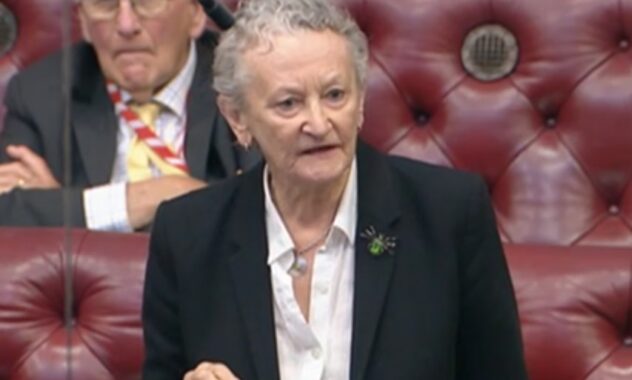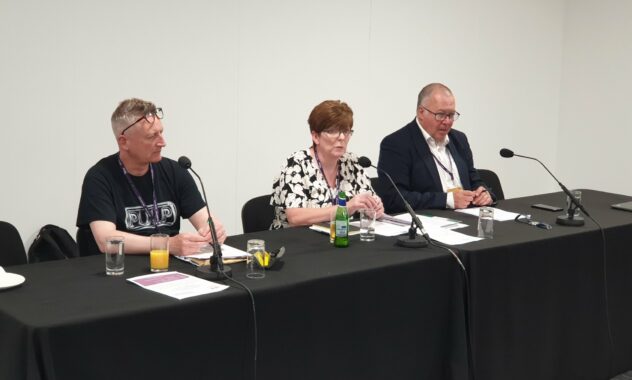Policing Bill will “extinguish” right to strike in public services
IER Chair, Lord John Hendy QC, has urged Ministers to define the conditions under which protests would be restricted.
Lord John Hendy QC, Chair of the IER, told the House of Lords last week (14 September 2021) that the Police, Crime, Sentencing and Courts Bill will “extinguish” the right to strike for public sector workers.
Clauses 55, which describes the conditions in which police may take restrictive action against public assemblies, includes those gatherings that cause “serious disruption to the life of the community”.
Lord Hendy noted that draft Regulations have been published to define this phrase in a way that would severely impinge on trade union rights.
The Regulations say: “It may be regarded by the senior police officer as serious disruption to the life of the community if there is … a significant delay to the supply of a time-sensitive product impacting on the community, or … prolonged physical disruption to access to essential goods and services impacting on the community … ‘time-sensitive product’ includes newspapers and perishable items … ‘essential goods and services’ means … the supply of money, food, water, energy or fuel … a system of communication … a transport facility … a place of worship … an educational facility … a service relating to health, or … another critical public service.”
Because industrial action, especially that taken by public sector workers, is intended to cause disruption in these areas in order to protest unfair pay or conditions, Lord Hendy warned that the Bill could prevent these workers from exercising their lawful right to strike.
“It is quite clear that this will mean that the police may impose conditions on those legitimately, but noisily, picketing their place of work to persuade others not to work during a lawful industrial dispute where the workplace is involved in food, water, power, railways, buses, planes, ships, newspapers, mail, TV, radio, film, education, health, local government, civil service or other critical public services,” he said during Tuesday’s debate.
“It is hard to think of workplaces which will not be included.”
He also voiced concern over the fact that the meaning of “serious disruption to the life of the community” and another critical phrase – “serious disruption to the activities of an organisation which are carried on in the vicinity of a public procession” or “assembly” – are left undefined in the Bill.
Instead, the draft legislation gives power to the Secretary of State to decide their meaning through Regulations, which are imposed unliterally by the government without a debate in Parliament.
“Surely this is an abuse of parliamentary democracy,” Lord Hendy said. “Let us have the debate on the basis of meanings set out on the face of the Bill, not ones yet to be determined and then tucked away in secondary legislation, which avoids all but cursory parliamentary scrutiny and which we cannot amend. I ask the Minister to amend the Bill by including in it the definitions which she desires.”







